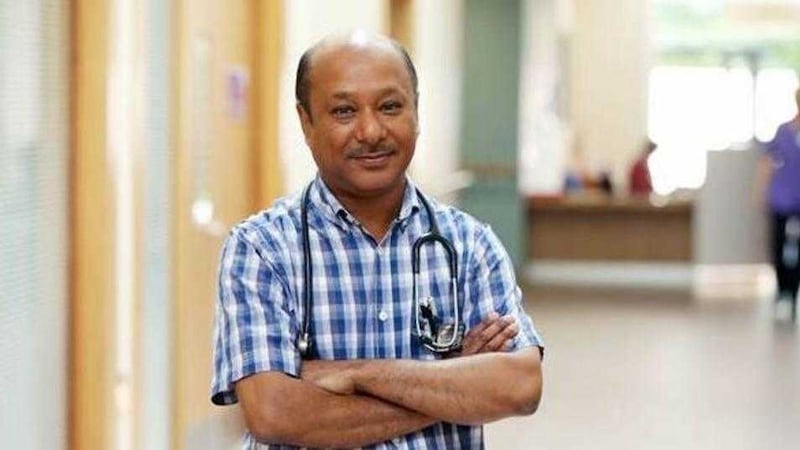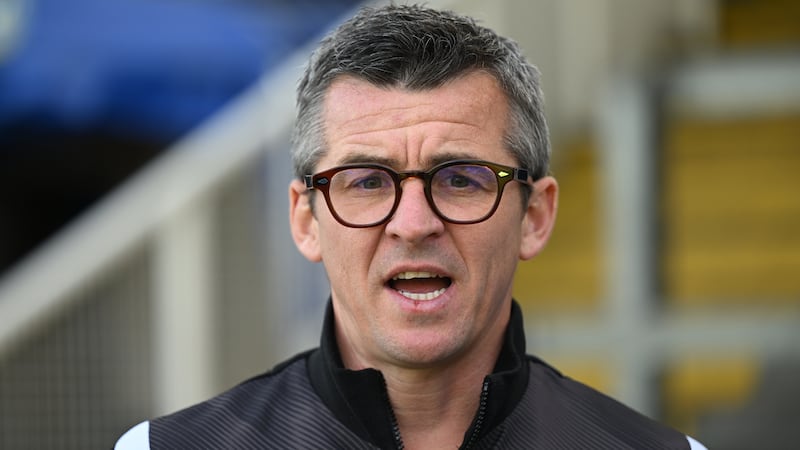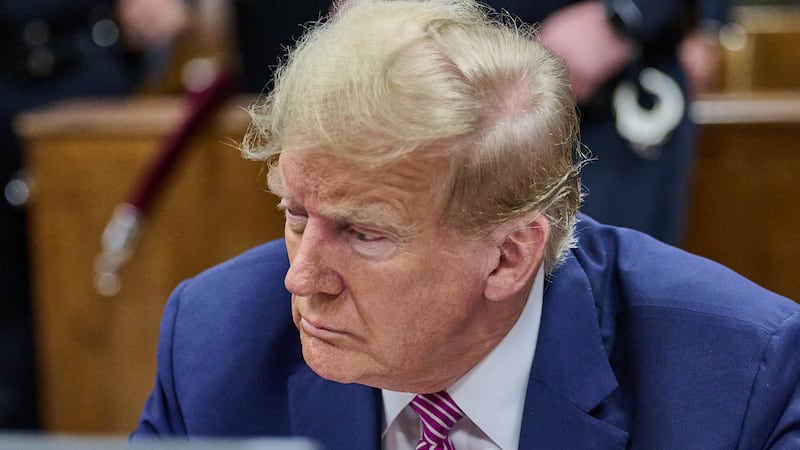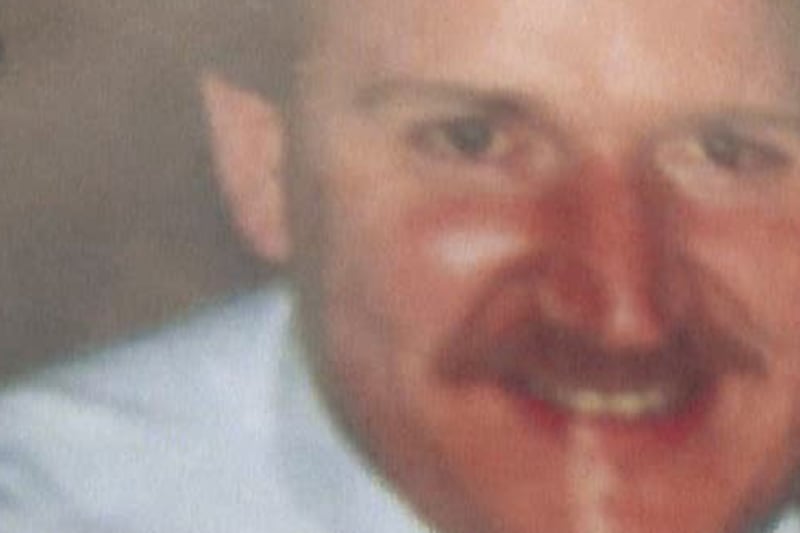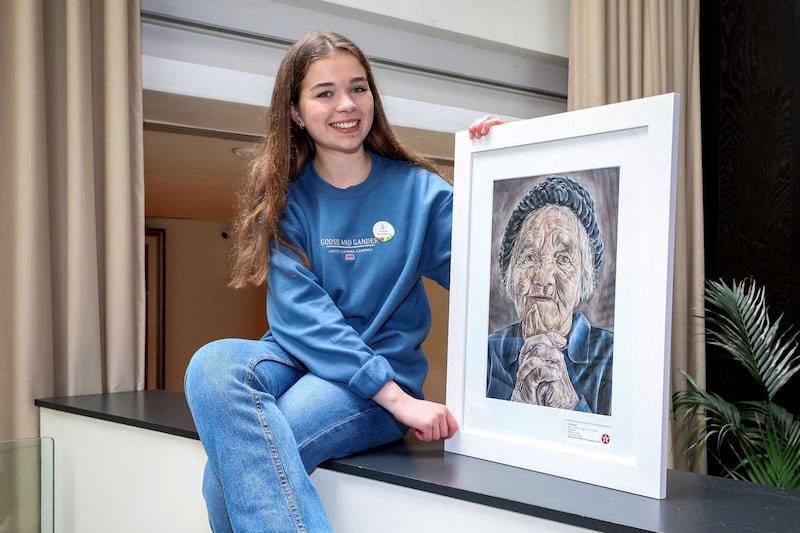A DOCTOR who has spent more than a year working at the Northern Ireland Hospice is to bring his experiences back home to Nepal to establish the first palliative care teaching centre.
Surgeon Dr Rajesh Gongal moved to the north to learn ways to improve the care of the dying in Nepal.
The father-of-one is now returning to Katmandu where he hopes to "inspire and teach new generations" of doctors and nurses following his time at the NI Hospice.
After opening the first hospice in Nepal, he now hopes to set up the first palliative care teaching centre in the country following his experiences here.
"There is not much palliative care in Nepal at all, but I hope that from my work here I will be able to return home and change that," he said.
Professor Max Watson, from the NI Hospice, said few medical staff in Nepal "know what palliative care is" but it is hoped Dr Gongal "will change that".
Dr Gongal joined the NI Hospice in February 2015 as the first International Fellow after moving to Belfast with his wife Mumu and son Prasun.
As a medical director and dean of the Patan Medical School, one of the biggest hospitals in Kathmandu, his interest in palliative care saw him and three friends open the first hospice in the country within the Kathmandu Valley in 2000.
He completed the international certificate in palliative care when it was run in Kathmandu by Professor Watson in 2004 and the two men became good friends.
Their friendship and Dr Gongal's growing interest in palliative care training saw them able to secure an overseas fellowship place for him in Northern Ireland.
He moved into a flat near Whiteabbey Hospital, where the hospice was based until May of this year, and has spent the last 18 months experiencing a wide range of different palliative care services.
He hopes this new knowledge will allow him to improve care for patients and families living in rural Nepal.
He also believes his experiences will help in the establishment of a National Palliative Care Strategy, which is due to be adopted across Nepal, in time for his return.
Dr Gongal said it was his "intention to set up a palliative care teaching centre in Kathmandu on his return".
"I will be sad to leave the NI Hospice but I will be glad to be able to take my experiences home to Nepal," he said.
"Our hospice in Nepal is still a very small unit. There is not much palliative care in Nepal at all, but I hope that from my work here I will be able to return home and change that.
"There is not a lot of support from the government either.
"But I hope I can inspire and teach new generations of Nepali doctors and nurses the importance of high quality evidence supported end of life care for patients and families."
Professor Watson said: "It takes a special person to be a medical school dean and surgeon one day and a junior doctor the next.
"Rajesh is that sort of person. Never complaining.
"Always kind and supportive of patients, families and colleagues Rajesh has become a much loved and respected member of our clinical team.
"Patients and families just love his quiet gentle manner."
